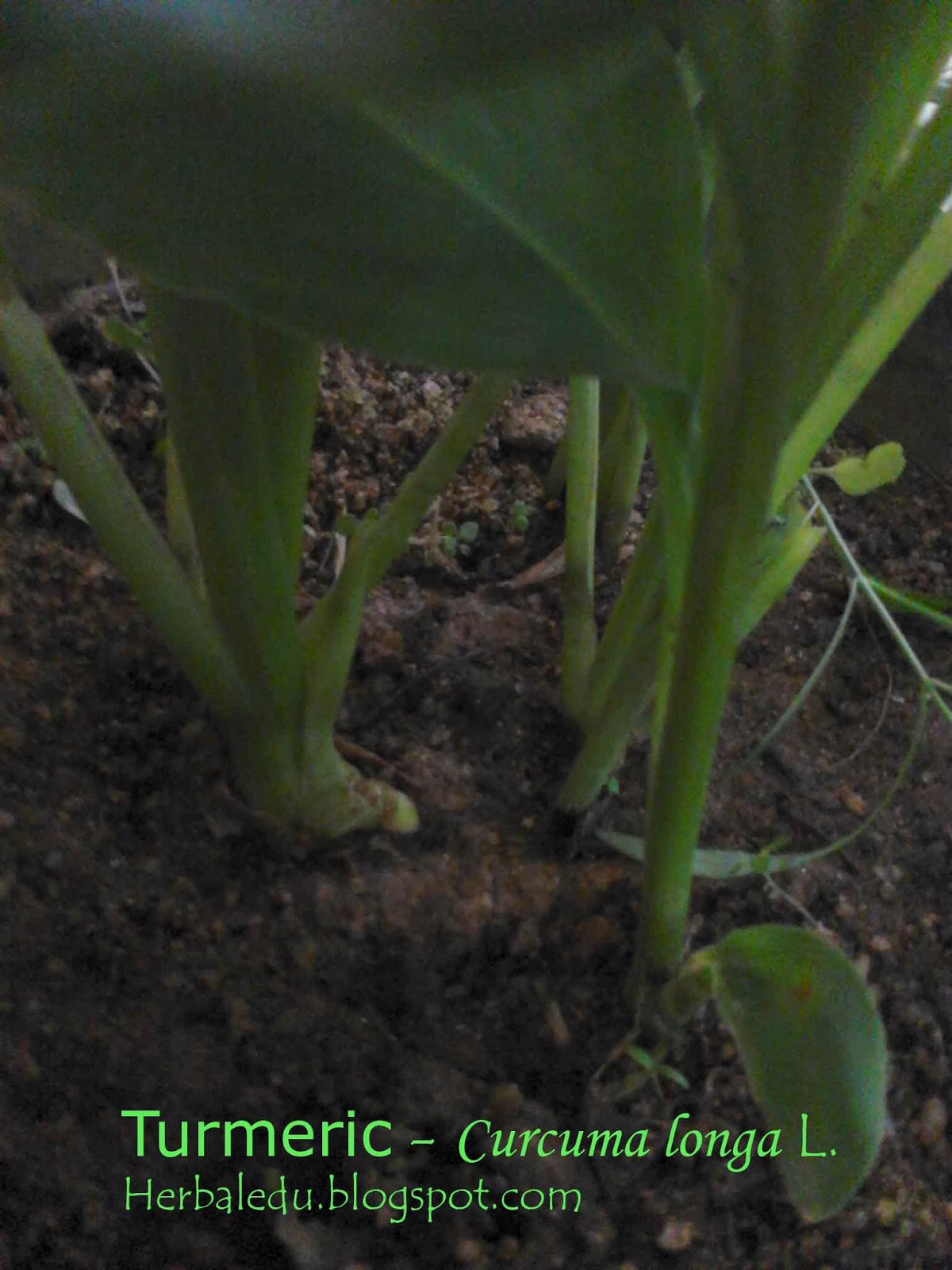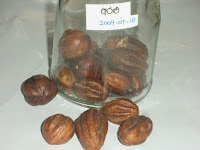 Botanical name -Feronia lemonia
Botanical name -Feronia lemoniaFamily -Rutaceae
English name -Wood apple / Elephant apple
Tamil name - மரம் ஆப்பிள்
Sanskrit names -Kapittha, Dadhittha, Pushpa phala, Kapipriya, Dadhiphala, Dantasata,
Singhala name- Divul
Morphology-a small tree with neumerous branches,smooth whitish bark,regular flowers,superior ovary,oblong seeds
Chemical constituent-Citric acid,volatile oils
Parts used - Leaves, Bark, Fruits & gums.
Properties:
Rasa Kashaya, Amla
Guna Laghu
Veerya
Vipaka Amla
Attributes / Karma:
Tender fruits – constipative. (Lekhana)
Ripe fruits – Guru. Alleviate Vata, Kapha. Constipative. Heard to digest. Cures thirst, Hiccough, Hoarseness of voice.
Medicinal uses
Rat poisoning – porridge is made with juice of leaves & bark is given.
Piles & dysentery – juice of tender fruit + tender Bilva fruit is given along with honey.
Hiccough – juice of fruits given with honey & powdered Pippali.
Diarrhea – gum is given with honey.
Prepared drugs
Kapitthadi peya
Kapitthashtaka churna
Sarvavishadi oil





















































